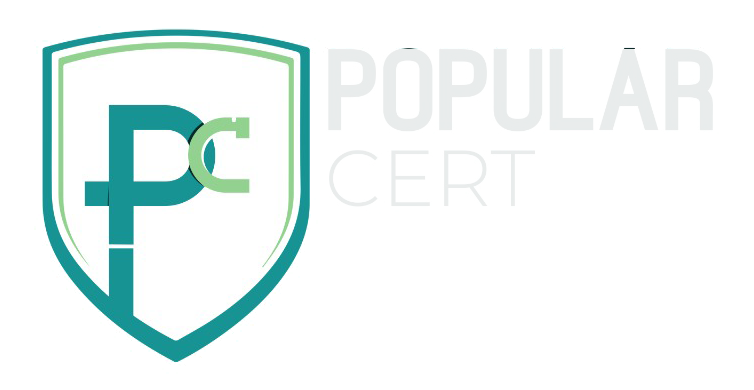ISO 13485 Certification in NEOM
ISO 13485 Certification in NEOM
Safety and quality are must-haves in the medical devices industry. This led to the creation of ISO 13485, Rules and standards are growing stricter at each phase of a product’s life this includes its service, and delivery. Companies in the industry are consistently encouraged to show their quality management procedures. This raises the need to incorporate best practices into all their tasks.
This globally accepted guideline details the necessities for a quality management system only for the medical devices industry.
In Neom there are more and more tough rules at each stage of a product’s life, from creation to delivery. More and more, firms in this field have to show off their process for managing quality and must make best practices a habit. This globally accepted standard outlines the rules for a quality management system tailored for the medical devices field.
Types Of ISO Certification In NEOM
Get Free Consultation
What is ISO 13485 and why is it important?
ISO 1385 is a Global Quality Management standard. It’s put out by the International Organization for Standardization, much like ISO 9001. This standard is specific to medical devices. It takes into account all the needs of those who manufacture, supply, distribute, or have a role in the medical device field.
Goal: To have strong and efficient procedures for marketing medical gear globally, this shows using the ISO 13485 system meets many legal needs at once. To show they’ve complied with the rules, the ISO 1385 gets verified by an independent certifying group.
ISO 13485 is a recognized standard in Neom. It means that a business has passed an audit done by a certification body after passing, they get a certificate.
ISO 13485 Certification – Getting certified can help boost trust. It shows that your product or service lives up to what your customers expect. In some fields, you’re legally or contractually bound to be certified.
This certificate typically lasts from 3 to 5 years each year, an audit occurs to make sure that high quality management continues.
Who should use ISO 13485?
Why did they update ISO 13485 and what got better because of it?
ISO 13485 got an upgrade and it got major boosts- All ISO benchmarks are evaluated every half-decade to see if any changes should be made to keep them up-to-date and relevant.
ISO 13485:2016 is shaped to cater to the most recent practices in quality management systems. It addresses shifts in technology and guides on meeting regulatory expectations and demands.
With this new edition, there’s more focus on managing risks and decisions based on those risks. Plus, there are updates relating to amplified regulations for organizations working within the supply chain.
Why adapt ISO 13485 to manufacture a medical device?
Being compliant with ISO signifies you’re adhering to ISO 13485 standards.
For the medical field, there are additional specific requirements to comply with, these significant additions and improvements include an enhanced risk management approach.
This means that the quality system is rigorous in recognizing and mitigating any production risks. There are well established roles and responsibilities for everyone involved, offering clarity, A premium is put on ongoing education for all quality-related staff, ensuring steadily advancing skills. Emphasis is also placed on a neat, organized, appropriately labeled, and product segregated environment in facility improvements.
Design and development also have improved controls resulting in efficient, logical processes for certain product groups.
Lastly, enhanced control of suppliers provides better traceability and accountability throughout the supply chain. Essentially, when a manufacturer is, you can be assured of clear management, clean work areas, smooth procedures, and excellent responsibility. One aspect that significantly benefits from is traceability.
Benefits of ISO 1385 Certification:

- Customer Satisfaction
- Reduced Operating Cost
- Improved Stakeholder Relationship
- Legal Compliance
- Improved Risk Management
- Proven business credentials
Difference between ISO 9001 and ISO 13485
The main difference between ISO 9001 and ISO 13485 revolves around their use, scope and extent.
ISO 9001 is a flexible standard, fitting for establishments of all sizes across different sectors, A general standard, fits all kinds of businesses, big and small, across all sectors. In contrast, ISO 13485 is only for the medical device and explicitly focuses on the industry dealing with medical devices.
ISO 9001 is Focused on Customers: Meeting and exceeding the wants and needs of customers is at the heart of ISO 9001. The System Process Approach highlights the value of well-planned processes in achieving efficiency and efficacy. Constant Improvement Firms are urged to pinpoint where they can do better and make those changes. The Leadership Role associated with High-level management is key in pushing for quality improvements. The Risk-Based Thinking: This involves spotting and handling potential risks to avoid stumbling blocks.
Whereas ISO 13485 – Setting Quality Standards for Medical Device Industry: ISO 13485 is made for businesses focusing on the creation, design, production, putting in place and maintenance of medical devices. Being in line with ISO 13485 ensures that the makers of medical devices stick to strict quality and safety protocols, lowering risks and making sure patients are safe.
Key Aspects of ISO 13485:
Rules and Regulations
Adhering to laws and rules especially for the medical tool industry.
Risk Management Focus
Confirm and Verify
Testing products deeply to confirm they fulfill desired needs.
Track Everything
Control Design and Development
Process Review
Confirming manufacturing methods for consistent quality.
Scope and Use
Creating medical devices is a highly controlled industry; it needs top-notch quality systems and product standards. These rules make sure that the devices are made well, work properly, and are safe to use. The rules are there for a reason, they make sure that companies always design, make and sell medical devices that are safe and do what they’re supposed to.
ISO 13485 is about what an organization has to do to show that it can give medical devices and associated services that always meet what the customers want and what the rules say. ISO 13485:2016 requirements apply to organizations.
It serves as a blueprint for the medical industry to handle and enhance their eco-performance in an efficient manner. Embracing ISO 13485 is an indication of a pledge to sustainability, caring for the health, and ongoing growth.

